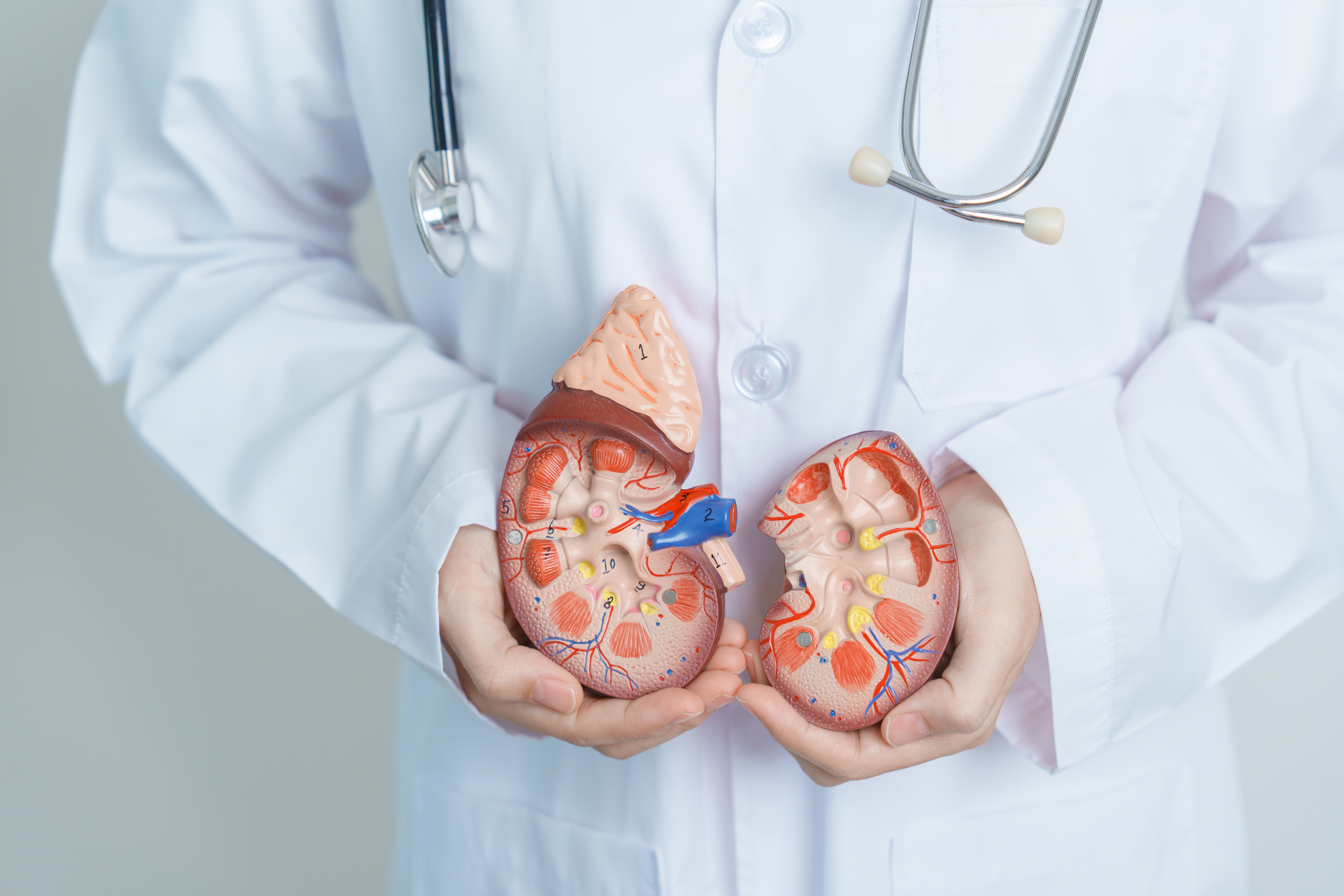11 Medical Conditions That Mimic Anxiety (But Aren’t What You Think)
11. Pheochromocytoma: The Tumor's Telltale

Pheochromocytoma, a rare tumor of the adrenal gland, can lead to symptoms such as high blood pressure, rapid heartbeat, and sweating. These symptoms can be mistaken for anxiety, particularly when they occur suddenly or in stressful situations. The impact of the tumor on the body's systems can lead to feelings of panic and unease. The connection between pheochromocytoma and anxiety is primarily due to the impact of the tumor on the body's stress response. The tumor can cause the adrenal gland to produce excess hormones, leading to a state of heightened alertness and stress. These symptoms can easily be mistaken for anxiety, particularly in individuals who are unaware of their tumor. Diagnosing pheochromocytoma involves a thorough evaluation of symptoms, as well as tests such as a blood test or imaging study. Treatment typically involves surgery to remove the tumor. By addressing the underlying condition, individuals often experience a reduction in anxiety-like symptoms and an improvement in overall well-being.
Navigating the Diagnostic Maze

In the intricate tapestry of medical conditions, anxiety often serves as a catch-all diagnosis for a wide range of symptoms. However, as this exploration of 11 unexpected medical mysteries has shown, many conditions can mimic or exacerbate the symptoms of anxiety. By understanding these conditions and their unique presentations, individuals and healthcare professionals can navigate the diagnostic maze with greater precision and accuracy. The importance of accurate diagnosis cannot be overstated. Misdiagnosis can lead to inappropriate treatment, exacerbating the underlying condition and potentially causing harm. By shedding light on these medical mysteries, we hope to empower individuals to seek out more accurate diagnoses and receive the appropriate treatment tailored to their specific needs. As we conclude this exploration, we are reminded of the complexity of the human body and the importance of a holistic approach to healthcare. By considering the interplay between physical and psychological symptoms, we can better understand the true nature of anxiety and its many imitators. In doing so, we can ensure that individuals receive the care and support they need to achieve optimal health and well-being.
